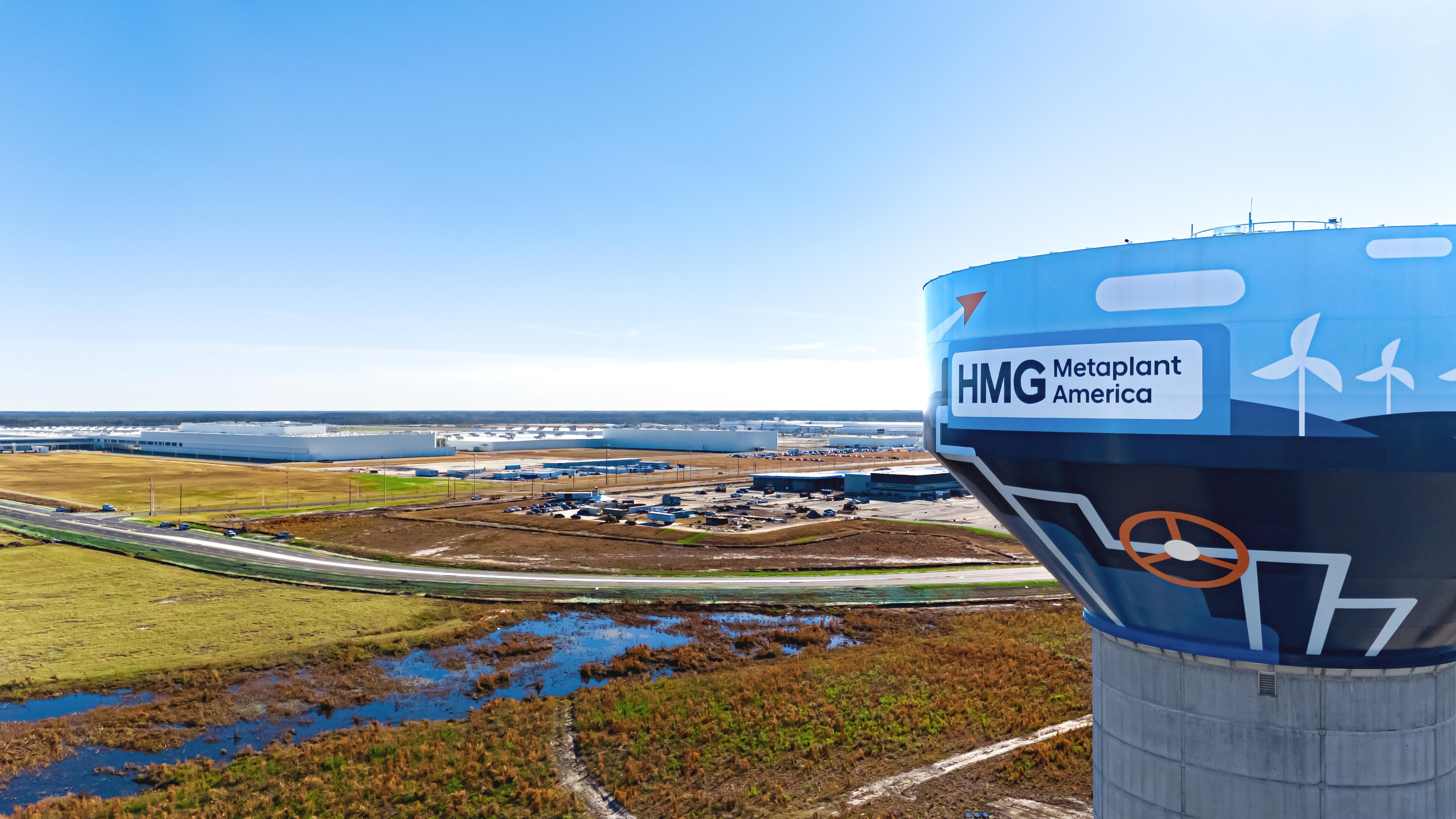Georgia voters expect strong economy under Trump but are anxious about tariffs

Days before President-elect Donald Trump returns to the White House, a new Atlanta Journal-Constitution poll finds a majority of Georgia voters feel optimistic about their economic prospects under the incoming administration.
But as prices generally remain higher than they were before the COVID-19 pandemic, many Georgians fear Trump’s plans to use tariffs to bring the country’s trade partners to heel and jobs back to the U.S. will trigger new increases in the cost of goods.
A majority of those surveyed, 56%, said they expect the economy to improve during the next 12 months, Trump’s first year in office. Last January, only 36% of respondents said they expected the economy to improve over the coming year.
Voter optimism about the economy grew throughout 2024, peaking at 60% in October in the AJC’s most recent survey as November’s election neared and the rate of inflation had ebbed.
The January poll of 1,000 registered Georgia voters revealed a deep divide in how voters of different parties view their economic prospects under Trump.
About 95% of Republicans polled said they expect the economy to improve in the first 12 months of Trump’s term, compared to 56% of independents and just 17% of Democrats. The poll was conducted Jan. 2-10 by the University of Georgia’s School of Public and International Affairs with a margin of error of plus or minus 3.1%.
Almost three-quarters of Democratic respondents said they expect the economy to worsen under Trump, compared to only 3% of Republicans. Before the election, nearly three-quarters of Democrats expected the economy to improve over the next year.
“No matter what comes out of the mouth of the present administration, we’re not doing better,” said Sharon Toothman, a 77-year-old retired educator in Cobb County who voted for Trump. “Food costs are higher, and wars are all over the world. So it’s got to be better (under Trump).”
Hiring in Georgia slowed late last year and on Wednesday, a new batch of U.S. consumer price data offered a mixed bag of signals about the economy’s direction. While overall inflation ticked up for a third straight month in December, so-called “core inflation” that strips out food and energy prices actually fell by a hair.
Still, the AJC poll found the high cost of goods is still top of mind for many voters.
Almost 30% of poll respondents — and nearly identical shares of men and women — rated inflation and cost of living concerns as the “most important issue facing Georgia today.” The results show Georgians’ frustration with prices has grown since the AJC’s last poll. In that survey, released days before the Nov. 5 presidential election, 19% of likely voters polled said inflation was their biggest concern.
AJC poll: January 2025
Interactive: Complete poll results
Greatness or disaster? Georgians are a stew of emotions as Trump returns to power
Georgia voters say discrimination against trans people is high, still back targeted laws
Georgia voters expect strong economy under Trump but are anxious about tariffs
Georgia voters worry about shootings but don’t back gun limits, AJC poll finds
PDF: View poll crosstabs
FAQ: How the AJC polls Georgia voters
Poll Archive: See past AJC polls
About 42% of Republicans said prices were their top issues, and about 19% of Democrats agreed. A majority of voters ages 18 to 29 picked cost living as the most important issue. The economy and jobs (14%) was the second-most popular choice. Issues like education, political division, immigration and abortion all polled in the single digits.
Steve Mikell, a retired cabinet and furniture maker from LaFayette in northwest Georgia, said for years he considered himself an independent, but since Trump’s rise to power, he’s drifted toward the Democratic Party. Mikell said he doesn’t support Trump’s policies, but hopes he succeeds in bringing economic prosperity.
“I hope the country does well under him, because then I do well and my son does well and my grandson, too,” Mikell said.

Torn on tariffs
Trump has threatened to slap steep tariffs on goods imported from Canada, China and Mexico, three of the U.S.’s top trade partners. Economists say the move would likely raise prices on a wide range of goods, from clothes and electronics to automobiles and food.
“Over time, (companies) can switch suppliers and maybe find the same product from another country,” said Sina Golara, an assistant professor at Georgia State University’s Robinson College of Business. “But this is going to happen very slowly, so the initial effect will definitely be on prices.”
The poll found 49% of respondents are somewhat or strongly opposed to the proposed tariffs, compared to 42% who strongly or somewhat support Trump’s plans. About two-thirds of those polled believe new taxes on imports will raise costs.
Daniel Marcus, who lives in Georgia’s Blue Ridge Mountains, said he sat out the 2024 presidential election. He said he supports using tariffs to bring jobs back to the U.S., but he’s not confident they’ll do anything to ease the pain of high prices.
“The stores are going to find a reason to raise their prices and then they’re not going to go back down,” Marcus said.

Kimberly Clausing, an economist and nonresident senior fellow at the Peterson Institute for International Economics, said new tariffs will likely immediately be felt by American consumers with the cost of goods rising across the board. If Trump’s promised tariffs come to fruition, she estimates it will cost the typical American household more than $2,600 a year through the heightened cost of everyday products.
“Trump really ran on a very inflationary platform, and these price increases are going to be felt by households in Georgia and beyond,” she said.
Mikell, the retired custom furniture maker in northwest Georgia, said he worries about how tariffs will affect people like him who live on a fixed income.
“I can’t afford to pay 20% more when I need a new washing machine,” he said.
Toothman, the Trump supporter in Cobb, said she thinks tariffs are being used as a bargaining tool, saying the president-elect “is not going to let” prices increase from a potential trade war.
EV incentive rollback
The AJC poll also gauged voters’ sentiments about Georgia’s push to become an electric vehicle manufacturing hub and Trump’s pledge to roll back EV incentives.
Georgia state and local officials have offered billions in tax breaks, land and other incentives and landed factories from Hyundai Motor Group, Rivian and SK Battery and promises of tens of thousands of jobs.

EV manufacturers are also eligible for federal tax incentives created by President Joe Biden’s signature climate and health law — the Inflation Reduction Act — if they build their products domestically.
About 52% of voters polled said they strongly or somewhat support efforts to develop Georgia’s EV industry.
Respondents were less enthusiastic about federal tax breaks pushed by the Biden administration meant to steer customers to buy EVs.
Right now, buyers can use a $7,500 federal tax credit to slash the cost of purchasing EVs built in North America, but Trump has pledged to revoke the incentive.
About 35% of those polled said they back Trump’s plan to end the EV tax credits, while 30% said they strongly disagree. Republicans were much more likely to support revoking the credits, while most Democrats polled want them to remain.
Jacqueline Smith, a 62-year-old homemaker in Spalding County, said she and her husband own an EV and a gas-powered pickup truck for different trips. She benefited from the federal tax credit when buying the EV, but she agrees with Trump’s plan to pull the plug on the program.
“Drive an electric car if that’s what you want. We do because we want to,” she said. “But I don’t like the idea of the government subsidizing my purchasing of much of anything. … I prefer the free market approach.”




